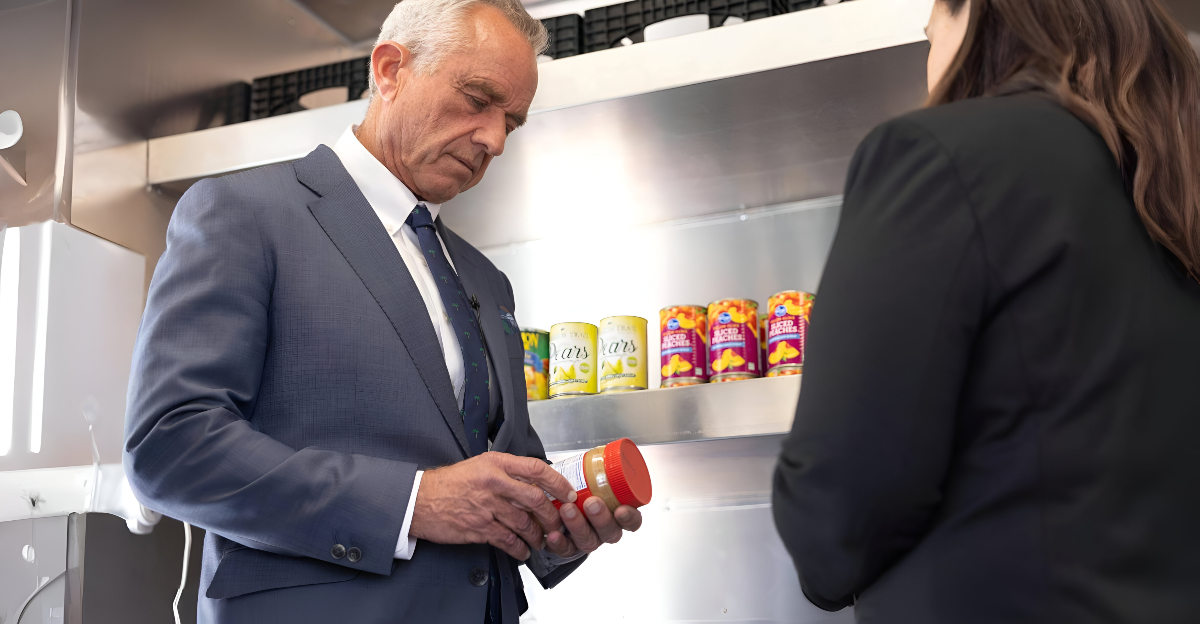
Kraft Heinz has announced it will remove all artificial colors from its U.S. food products by the end of 2027, responding to mounting pressure from consumers and a directive from Secretary Robert F. Kennedy Jr.’s Department of Health and Human Services.
The company, known for brands like Kraft Mac & Cheese, Heinz Ketchup, Jell-O, and Capri-Sun, also pledged not to launch any new products that contain synthetic dyes during this reformulation period/
Consumer and Regulatory Pressure Accelerates Change
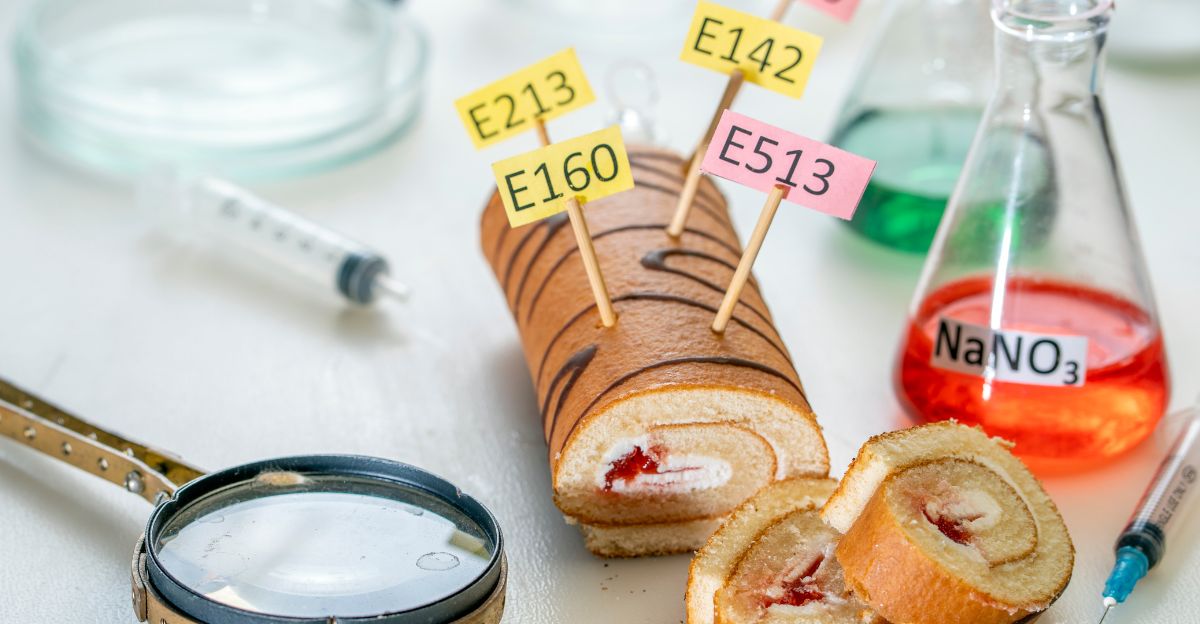
This move comes amid growing scrutiny of synthetic food dyes, particularly those derived from petroleum, which are widely used to enhance the visual appeal of processed foods, especially in brands of foods marketed to children.
Growing concerns over potential health risks — including links to cancer and neurobehavioral issues in children — have intensified calls for reform, prompting both consumer advocacy and regulatory action.
RFK Jr.’s Role in Industry Reform

Secretary Robert F. Kennedy Jr. has played a pivotal role in driving this industry shift. He reportedly told the food industry leaders in closed-door discussions that removing the artificial dyes was a top priority for the current administration. He warned that government action would follow if the industry failed to act.
This direct engagement with executives from Kraft Heinz, General Mills, and others highlighted the seriousness of the administration’s stance.
FDA and State-Level Bans on Synthetic Dyes
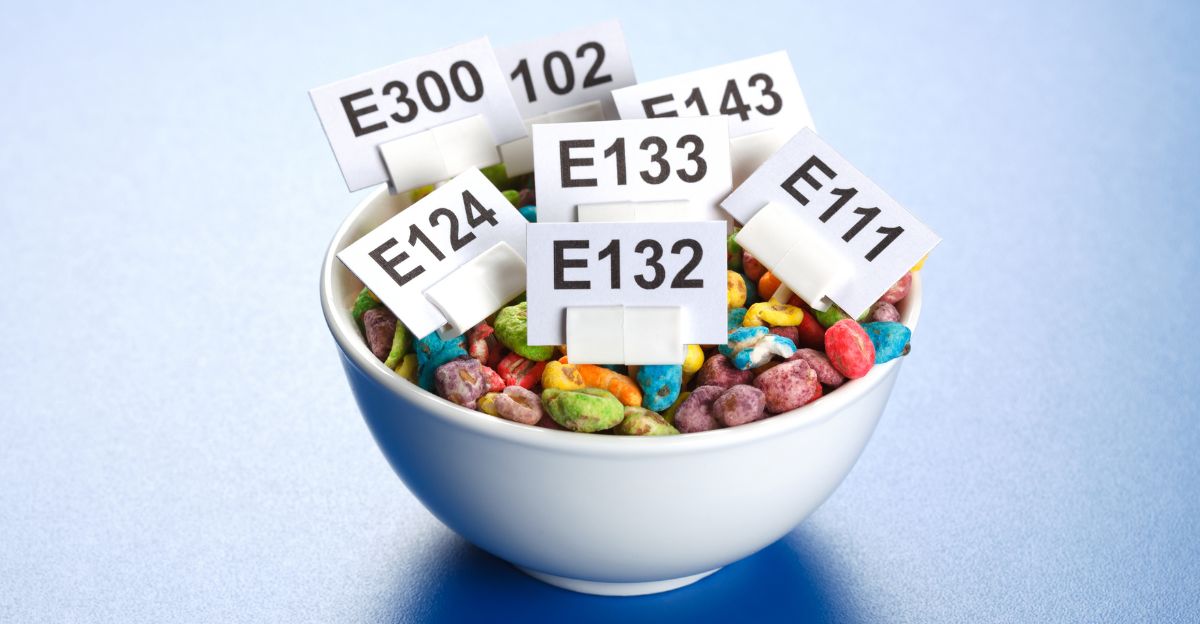
The U.S. Food and Drug Administration (FDA) recently began the process of removing certain petroleum-based dyes, such as banning Red Dye No. 3 in January, and working with manufacturers to eliminate more artificial colorants by 2028.
Several states, such as California, Virginia, and West Virginia, have already enacted bans on artificial dyes, and more than half of the U.S. states are considering similar legislation, putting additional pressure on food companies to adapt.
Industry-Wide Impact and Competitor Response
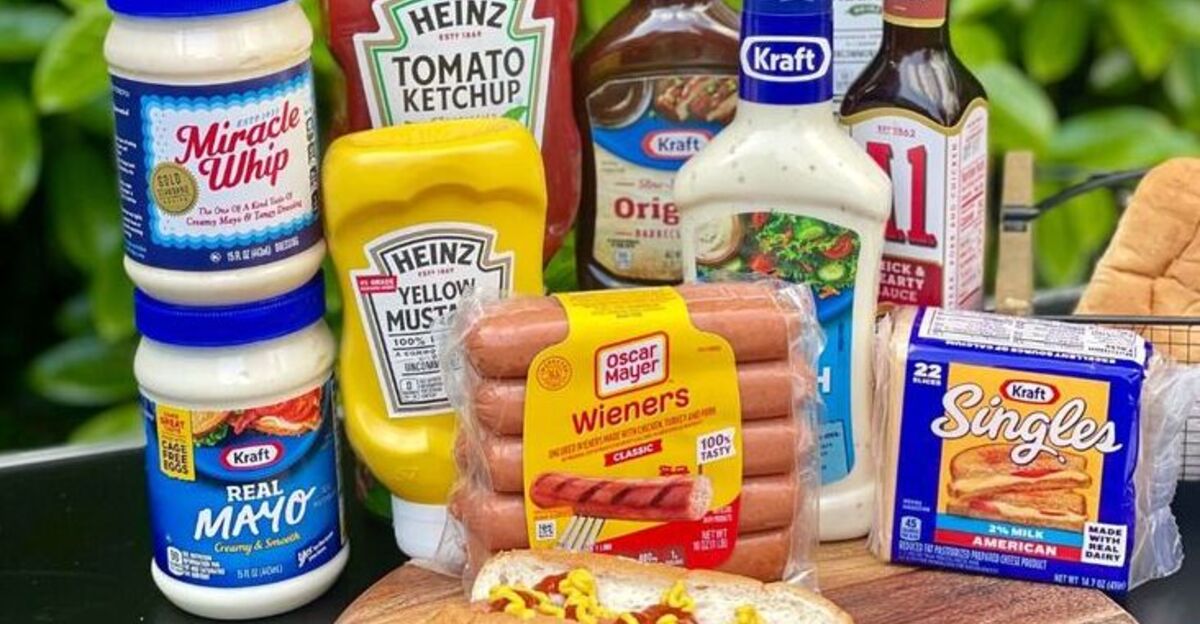
Kraft Heinz is one of the first major U.S. packaged food companies to make a comprehensive commitment to removing artificial dyes, setting a precedent that has already prompted competitors to follow suit.
General Mills, for example, quickly announced plans to eliminate certified colors from all U.S. cereals and K-12 school foods by 2026, and from all products by 2027. This competitive momentum is likely to accelerate industry-wide changes.
Transition to Natural Alternatives
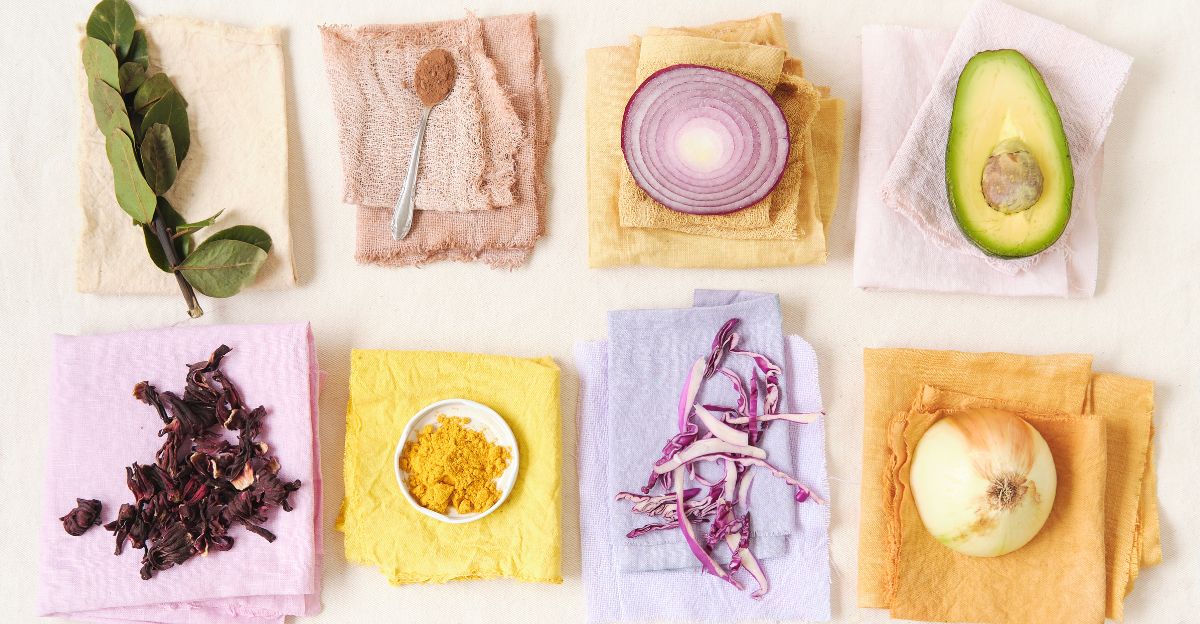
Kraft Heinz plans to replace synthetic dyes with natural coloring agents across its product portfolio. The company reports that nearly 90% of its U.S. products are already free from FDA-approved synthetic colors, and it will work with brand licensees to ensure the transition is comprehensive.
Natural alternatives, such as butterfly pea flower extract and gardenia blue, are being fast-tracked for regulatory approval to support this industry shift.
Health Concerns Drive Regulatory Action

The FDA and health advocates have long debated the safety of artificial dyes, with recent studies suggesting links to hyperactivity, attention deficits, and other neurobehavioral issues in children.
While the FDA maintains that most consumers don’t suffer any harmful effects, the agency is now prioritizing public health and transparency, especially for vulnerable populations like children.
Kraft Heinz’s Strategic Shakeup
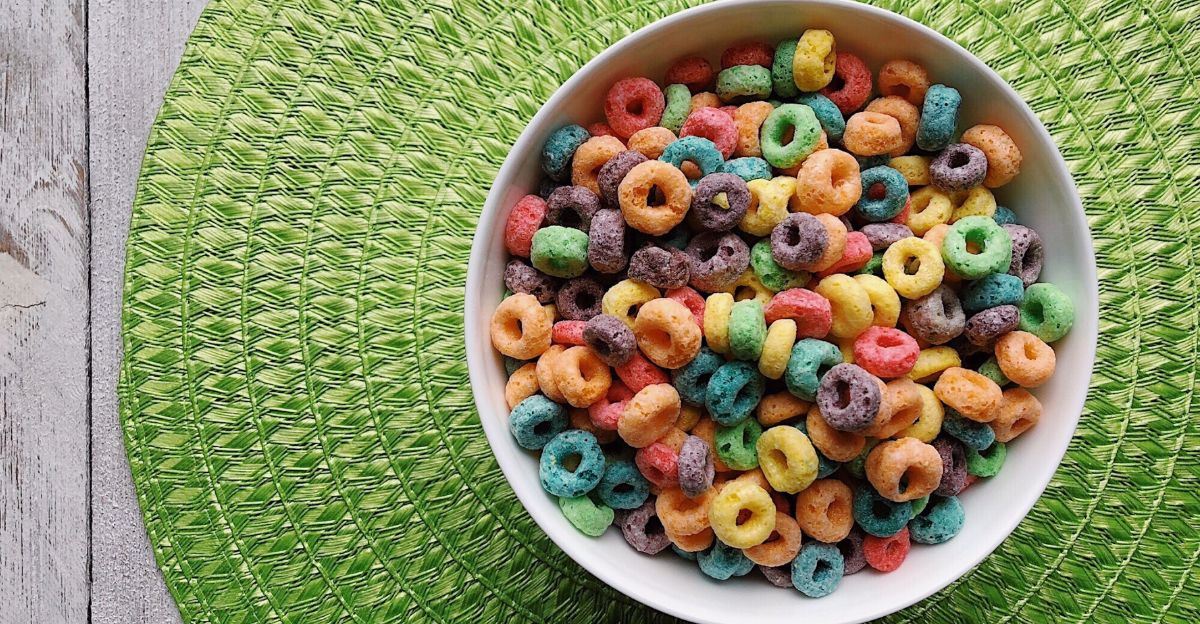
The decision to remove artificial dyes comes as Kraft Heinz grapples with broader challenges, including shifting consumer preferences toward healthier choices and declining sales, which fell 6.4% in the last quarter.
The company is said to be evaluating different strategic options, including potential divestitures or mergers, to better focus on market dynamics and restore growth.
Berkshire Hathaway’s Reduced Influence
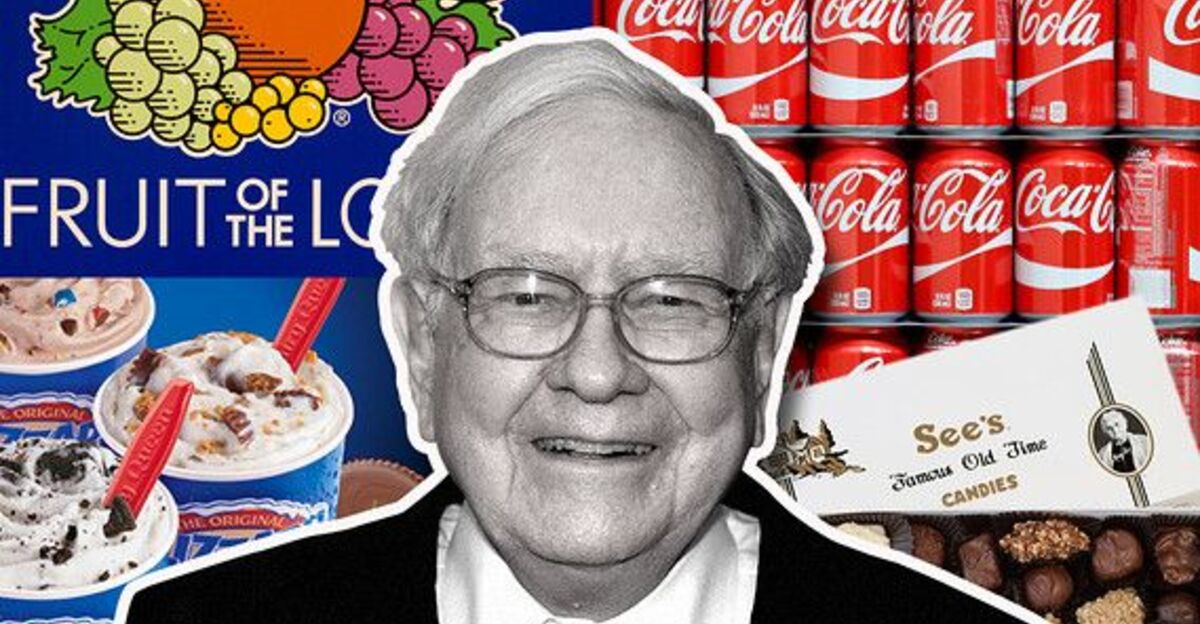
In a related development, Kraft Heinz also announced that two directors representing Berkshire Hathaway will step down from the company’s board, ending Warren Buffett’s direct involvement in the company’s governance.
Berkshire Hathaway played a major role in the 2015 merger that created Kraft Heinz, but the company has since sold off several brands and is now focusing on streamlining its business.
A New Era for Food Safety and Transparency
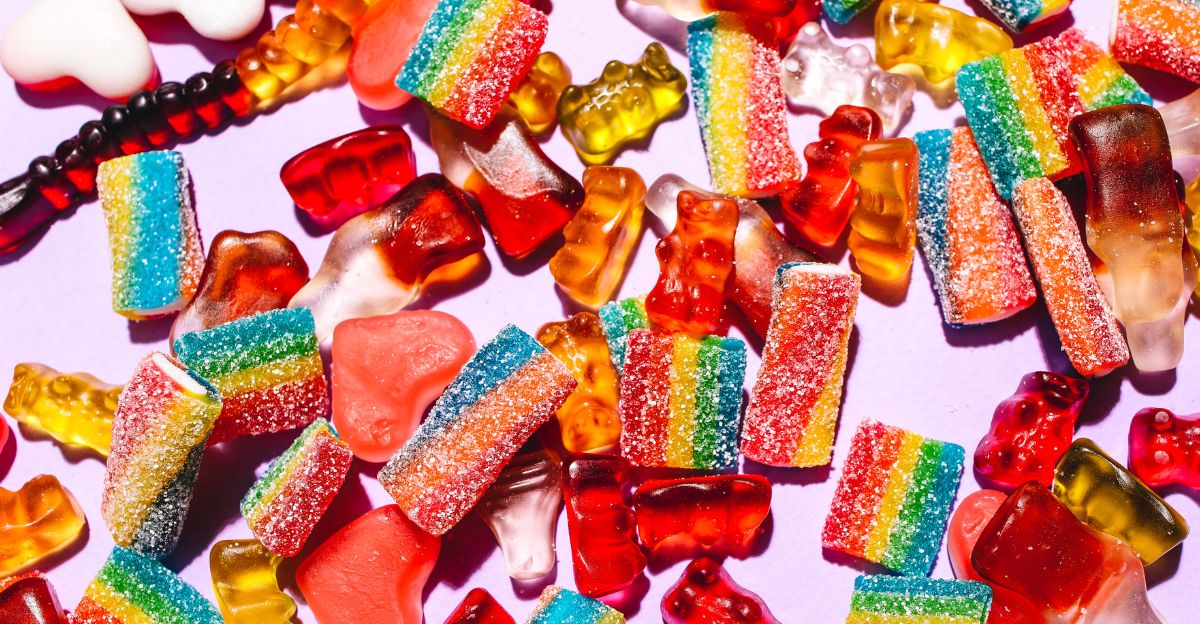
Kraft Heinz’s decision to remove artificial dyes from its products indicates a significant shift in U.S. food manufacturing standards and consumer expectations.
With federal and state regulators, health advocates, and industry leaders aligned on the need for safer, more transparent food ingredients, this move may set the new benchmark for public health and corporate responsibility in the American food industry.
